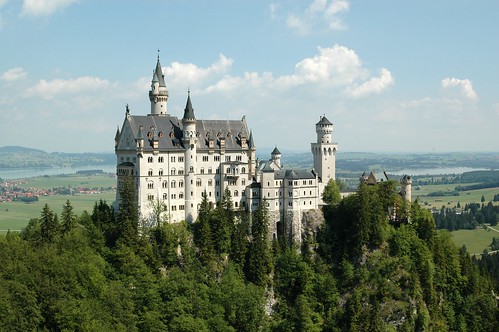Berlin - Germany is to expand its cultural diplomacy abroad, reaching out to academics by building a series of missions to highlight German scientific and engineering achievements, officials said Thursday in Berlin. Foreign Minister Frank-Walter Steinmeier said the offices were part of a push to invest more in cultural diplomacy. The first such House of Science has been opened in Sao Paolo,Brazil, and more are planned in Moscow, New Delhi and New York.
Staff at a house of science can inform local academics about German scientists who are doing research in the same specialties. The houses are in addition to the chain of government-funded Goethe Institutes around the world which showcase the arts in Germany and offer German-language classes. Berlin also funds German-language schools in many nations.
Steinmeier said cultural diplomacy offered new ways to gain influence in a world of cultural and religious conflicts. "It offers others the chance to see the world through our eyes," he said. In the three years since Steinmeier became minister in late 2005, Berlin's cultural diplomacy budget rose more than 30 per cent, reaching 658 million euros (862 million dollars) last year. Steinmeier did not disclose the amount of further increases. A key planned project in Turkey is the establishment of a German university in Istanbul. (seen on Earthtimes)
Given the oftentimes event-driven attitude German public diplomacy takes, establishing Houses of Science can help focus the country's PD more on long-term achievements and relationships rather than creating campaigns around specific dates. Integrating the local public in a pull-attitude just like the successful Goethe-Institut does, is to my impression more promising than a rather pushy campaign-style approach that might create interest for a specific period of time but does not primarily focus on the long-term goals.
I am interested to see how the American audience will react to the House of Science in New York. Given that Germany is often seen as a competitor when it comes to technology and engineering, I am curious to see to what extend the American audience will accept the House as a resource.





